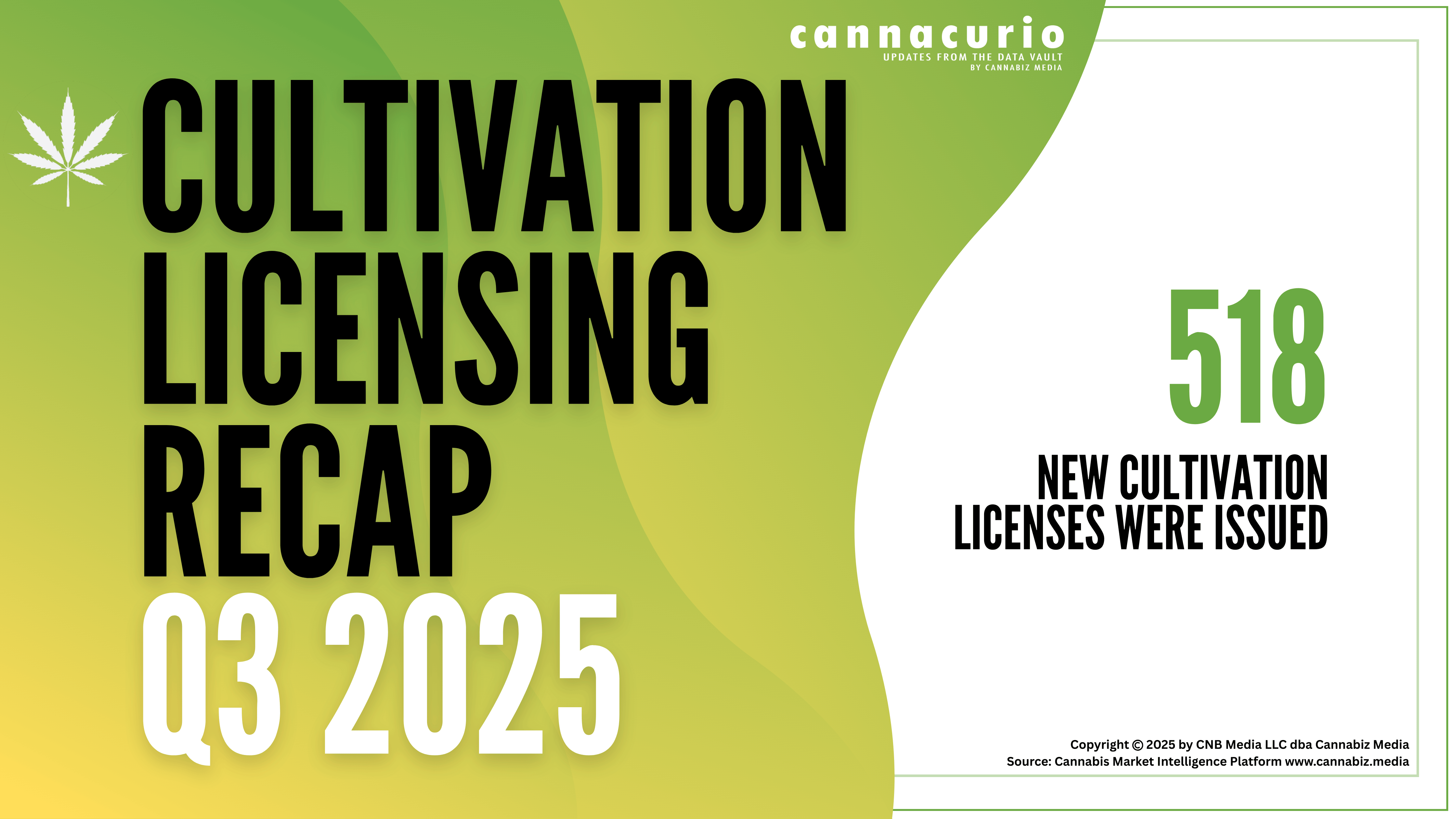
Cannabis and the 2023 Election
The November election is nearly a month away, and, like most recent years, there are implications for cannabis. Unlike the 2022 congressional midterms, which saw adult-use legalization on the ballot in five states, next month the only direct legalization opportunity will be before Ohio voters. Additionally, Virginia’s legislative election and a few special elections to fill Congress (US House) seats could have ramifications for the industry nationwide.
Ohio
Ohio voters will once again have the opportunity to legalize adult-use cannabis, eight years after the first ballot measure to do so failed in 2015. The legislature passed a bill establishing a medical marijuana program in 2016, with a limited number of provisional business licenses available at the time—including 33 cultivators, 44 processors, and 56 dispensaries. Over the years, as patient counts and sales have grown, the number of licenses has risen. At present, there are 38 active and provisional cultivation facilities, 55 manufacturers, and over 150 stores. Under the terms of this proposal, the number of licensed stores could nearly triple in under two years, as cultivators would be able to obtain up to three store licenses, as part of the medical to adult-use conversion process. Additional licenses and a social equity program would be available after the bill takes effect. Home grow (personal cultivation) and local control are parts of this proposed measure—while home grow has been a common provision in recently legalized markets, local control has seen some limitations in other states.
Virginia
Virginia is among a small handful of states where voters will elect legislatures this year, in a highly contested race. The state’s medical cannabis program was established in 2018 and sales began in late 2020. During the previous legislative session, leaders passed a compromise bill establishing protections for personal cultivation, possession, and use, as well as establishing the state’s future cannabis regulator, the Virginia Cannabis Authority. Legislators stopped shy of crafting a bill to launch a legal market, which required further re-ratification and was expected to launch by this past January. Instead, the rollout of adult-use has widely been described as on hold indefinitely. Current polling suggests control of the legislature may flip, with Democratic control expanding, resulting in a new agenda and necessary votes to pass legalization legislation—although a two-thirds veto-proof majority is unlikely.
Congress
This is not a major election year for Congress, but there are a few special elections in November, filling seats vacated by two Congress members earlier in the year (Rhode Island’s district 1 and Utah’s district 2). Normally, this is not particularly remarkable at the national scale. However, given the razor-thin margins that brought about both the rise and recent fall of Speaker Kevin McCarthy, the long anticipated SAFER Banking Act may face a steep climb beyond Senate passage. According to recent polling, neither of these seats are expected to flip, leaving both caucuses with the same number of seats as earlier in the year.
In the meantime, vacancies may have an impact on the mathematics of filling the Speaker’s chair. The current Speaker Pro Tempore, who’s also the financial services committee chair, left the door open to cannabis banking during the lame duck in late 2022. While the Senate works to push forward with SAFER Banking, the bill’s future in the House is uncertain at present.
Overall, this election does not pose many major cannabis opportunities for voters nationwide, but the implications of a few elections in Ohio and Virginia could significantly impact the future of the cannabis market and business operations in those two states. Congressional special elections could have an impact as well, with upcoming leadership discussions and anticipated committee and floor activity regarding banking legislation.
To keep track of the recreational market and changes in the United States, subscribe to the Cannabis Market Intelligence Platform.

.png)

